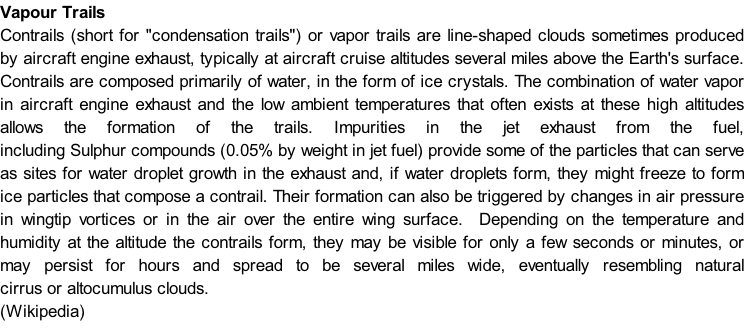








The joy of boating
The Rat sculled smartly across and made fast. Then he held up his forepaw as the Mole stepped gingerly down. `Lean on that!' he said. `Now then, step lively!' and the Mole to his surprise and rapture found himself actually seated in the stern of a real boat.
`This has been a wonderful day!' said he, as the Rat shoved off and took to the sculls again. `Do you know, I`ve never been in a boat before in all my life.'
`What?' cried the Rat, open-
`Is it so nice as all that?' asked the Mole shyly, though he was quite prepared to believe it as he leant back in his seat and surveyed the cushions, the oars, the rowlocks, and all the fascinating fittings, and felt the boat sway lightly under him.
`Nice? It's the ONLY thing,' said the Water Rat solemnly, as he leant forward for his stroke. `Believe me, my young friend, there is NOTHING-
`Look ahead, Rat!' cried the Mole suddenly.
It was too late. The boat struck the bank full tilt. The dreamer, the joyous oarsman, lay on his back at the bottom of the boat, his heels in the air.
(Kenneth Graham -
A Cursed Sea
Day after day, day after day,
We stuck, nor breath nor motion;
As idle as a painted ship
Upon a painted ocean.
Water, water, everywhere,
And all the boards did shrink;
Water, water, everywhere,
Nor any drop to drink.
The very deep did rot: O Christ!
That ever this should be!
Yea, slimy things did crawl with legs
Upon the slimy sea.
About, about, in reel and rout
The death-
The water, like a witch's oils,
Burnt green, and blue and white.
(From the The Rime of the Ancient Mariner -
Seasickness
“It is a curious fact, but nobody ever is sea-
(Jerome K. Jerome, Three Men in a Boat)
Tears at sea
"Slowly crossing the deck from the scuttle, Ahab leaned over the side, and watched how his shadow in the water sank and sank to his gaze... But the lovely aromas in that enchanted air did at last seem to dispel, for a moment, the cankerous thing in his soul... the step-
(Moby Dick by Herman Melville)
British rainfall
Depressions pass over Britain frequently. They form in the Atlantic and move east across the country, bringing changeable weather.
Why does most rain fall in the west?
Highland areas receive more rain – many of these are in the west.
Prevailing winds come from the south west carrying moisture from the Atlantic Ocean.
Which types of rainfall commonly affect Britain?
Relief rainfall
Prevailing winds bring warm, moist air to the western British Isles.
Air is forced to rise over high areas.
Air cools and condenses.
Clouds form and it rains.
Air descends on the other side of the mountains.
It warms up and therefore becomes drier.
Frontal rainfall
The British Isles are affected by a number of different air masses. When warm and cold air meet, a depression forms:
When a cold polar air mass meets a warm tropical air mass they do not mix – they form fronts.
The colder air mass is heavier than the warmer air mass, therefore the lighter, warmer air rises over the top of the heavier, colder air.
As the warm air is forced to rise it cools. Also, the warm air is in contact with the cold air along the fronts, and this also cools.
Condensation occurs and clouds form.
Rain occurs along the front.
In the UK, depressions often follow a similar pattern. First, a warm front passes over, bringing rain and then warmer air. Then a cold front follows, bringing more rain and cooler air.
On synoptic maps, warm fronts are shown by a red line with red semi-
Convectional rainfall
When the land warms up, it heats the air above it. This causes the air to expand and rise. As the air rises it cools and condenses. If this process continues then rain will fall. This type of rainfall is very common in tropical areas but also in areas such as South East England during warm sunny spells.
(BBC Geography website)
